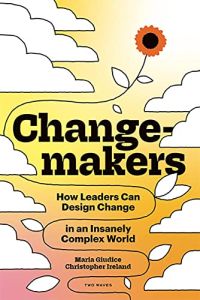
Book
Changemakers
How Leaders Can Design Change in an Insanely Complex World
Recommendation
Change-makers – today’s bold developers of innovative concepts and designs – have a lot to contribute. In this comprehensive book on instigating, navigating, and advancing change, business leaders Maria Giudice and Christopher Ireland explain what change-making is all about, how it works, and what it requires. They also outline the pitfalls that threaten those who challenge the status quo. If you’re engaging in relevant, business-driven change, keep this information-packed manual on your desk.
Summary
About the Authors
Maria Giudice is the founder and CEO of the design firm Hot Studio. Christopher Ireland is the co-founder and CEO of Cheskin, a Silicon Valley design-research firm.
Learners who read this summary also read
Book
Book
Book









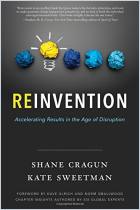
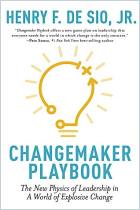
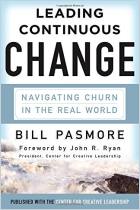
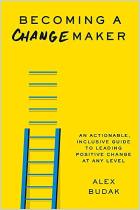
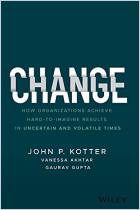





Comment on this summary or Start Discussion
Courageous Optimism: The emphasis on courage and optimism as the foundation of change-making resonates deeply. These traits are essential to push through resistance and uncertainty while rallying others around a shared vision.
Iteration as a Core Process: The iterative nature of change-making is both practical and inspiring. It reminds us that failure is not the opposite of success but rather a step toward refinement and eventual achievement.
Stakeholder-Centric Approach: Treating stakeholders like gold and involving them throughout the process is a powerful reminder that change isn’t a solo endeavor. Building trust and alignment ensures lasting impact.
Design as Strategy: Viewing the future as a design problem reframes challenges as creative opportunities. This perspective encourages innovative solutions tailored to human needs and aspirations.
The Futurist Mindset: Considering “alternative futures” underlines the need for adaptability and broad vision. The futures cone is a particularly compelling framework for balancing optimism with realism.
This summary serves as a strong call to action for those willing to embrace complexity and lead with purpose. Whether you're navigating organizational change or societal transformation, the outlined principles provide a valuable guide.
Algunas de las ventajas de la administración del cambio incluyen: Incrementa el triunfo de los proyectos, Asiste en el uso del talento humano, Asiste en el desarrollo de la empresa, Facilita los periodos de transición, Eleva el ánimo de los empleados y llevarlos a ver nuevas alternativas de trabajo.